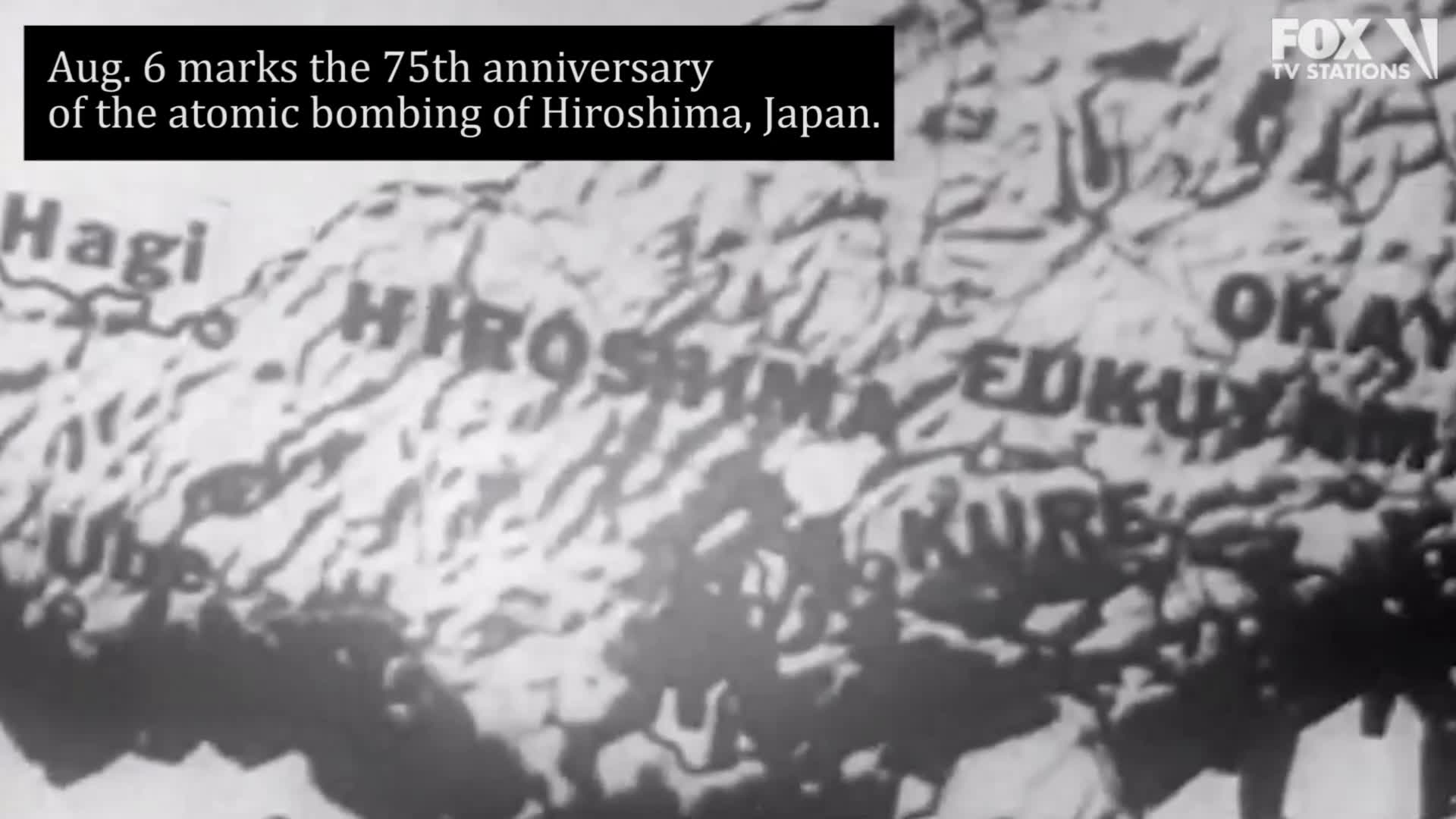'Oppenheimer' premieres in Japan finally to mixed reactions

The United States unleashed an atomic bomb upon the Japanese city of Hiroshima on August 6, 1945.
A subsequent bombing of Nagasaki would prompt the Japanese to surrender in World War II.
LOS ANGELES - After 79 years since the devastating obliteration of two cities by atomic weapons, "Oppenheimer' premiered in the nation where the tragedy occurred, delving into the life of the American scientist behind the invention. Japanese filmgoers' responses were predictably varied, evoking a range of emotions.
A Hiroshima survivor, speaking to the Associated Press, expressed fascination with J. Robert Oppenheimer, known as "the father of the atomic bomb," and awaited a portrayal of the Hiroshima bombing scene in the film, which was absent.
After surviving the Hiroshima bombing at the age of three, Toshiyuki Mimaki now leads the Japan Confederation of A- and H-Bomb Sufferers Organization.
"What were the Japanese thinking, carrying out the attack on Pearl Harbor, starting a war they could never hope to win," he said, sadness in his voice, in a telephone interview with The Associated Press.
"Oppenheimer refrains from directly depicting the harrowing scenes on the ground during the bombings of Hiroshima and Nagasaki, where around 100,000 individuals were instantly reduced to ashes, and thousands more succumbed to the aftermath, predominantly civilians.
Instead, the film delves into Oppenheimer's persona and internal struggles.
The film's release in Japan, over eight months after its debut in the U.S., has been met with cautious anticipation due to the delicate nature of the subject matter.
Addressing a preview event for the film in the southwestern city, former Hiroshima Mayor Takashi Hiraoka expressed stronger criticism regarding the omissions.
From Hiroshima's standpoint, the horror of nuclear weapons was not sufficiently depicted," he was quoted as saying by Japanese media. "The film was made in a way to validate the conclusion that the atomic bomb was used to save the lives of Americans."
Describing the film as an embodiment of "an American" conscience, Kazuhiro Maeshima, a professor at Sophia University renowned for his expertise in U.S. politics, emphasized that those anticipating an anti-war narrative might be disappointed.
Maeshima pointed out that depicting Oppenheimer's story in a Hollywood blockbuster would have been inconceivable several decades ago, when the prevailing sentiment in America justified the use of nuclear weapons.
"In essence, the film reflects a profound transformation in American society," Maeshima remarked during a telephone interview.

British director Christopher Nolan speaks on stage about his movie "Oppenheimer" during Universal Pictures and Focus Features presentation at CinemaCon 2023, the official convention of the National Association of Theatre Owners (NATO), at The Colosse
The mixed reactions to the film were not limited to Japan alone.
Last year, as the film was released, vigils were organized in New Mexico and New York City to mark the 78th anniversary of the Trinity Test — a significant event that took place at the New Mexico site where the first atomic bomb was detonated and tested and where the film largely takes place.
"They’ll never reflect on the fact that New Mexicans gave their lives. They did the dirtiest of jobs. They invaded our lives and our lands and then they left," Tina Cordova, a cancer survivor and founder of a group of New Mexico downwinders, said of the scientists and military officials who established a secret city in Los Alamos during the 1940s and tested their work at the Trinity Site some 200 miles (322 kilometers) away.
Nolan has described the Trinity Test as a pivotal moment in human history.
"I wanted to take the audience into that room and be there for when that button is pushed and really fully bring the audience to this moment in time," he said in a clip being used by Universal Studios to promote the film.
Lilly Adams, a senior outreach coordinator with the Union of Concerned Scientists, took part in the vigil in New York City, intending to express solidarity with New Mexicans affected by the events.
RELATED: 'Oppenheimer' film brings up conflicted history for those affected by atomic blast
"The human cost of Oppenheimer’s Trinity Test, and all nuclear weapons activities, is a crucial part of the conversation around U.S. nuclear legacy," she told The Associated Press in an email. "We have to reckon with this human cost to fully understand Oppenheimer’s legacy and the harm caused by nuclear weapons."
In developing and testing nuclear weapons, Adams said the U.S. government effectively "poisoned its own people, many of whom are still waiting for recognition and justice."
Adams and others have said they hope that those involved in making "Oppenheimer" help raise awareness about the downwinders, who have not been added to the list of those covered by the federal government’s compensation program for people exposed to radiation.
The Associated Press contributed to this story. It was reported from Los Angeles.

